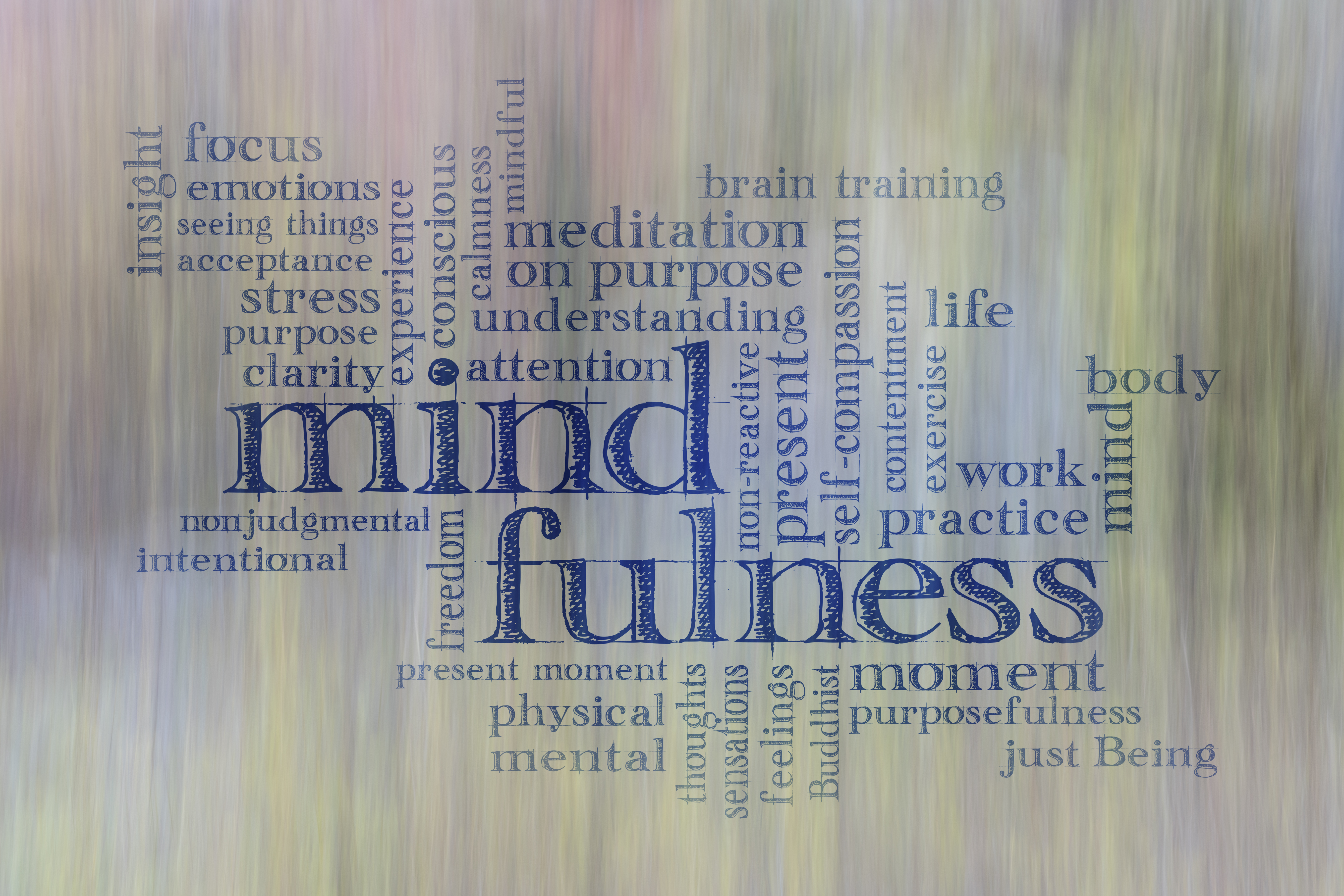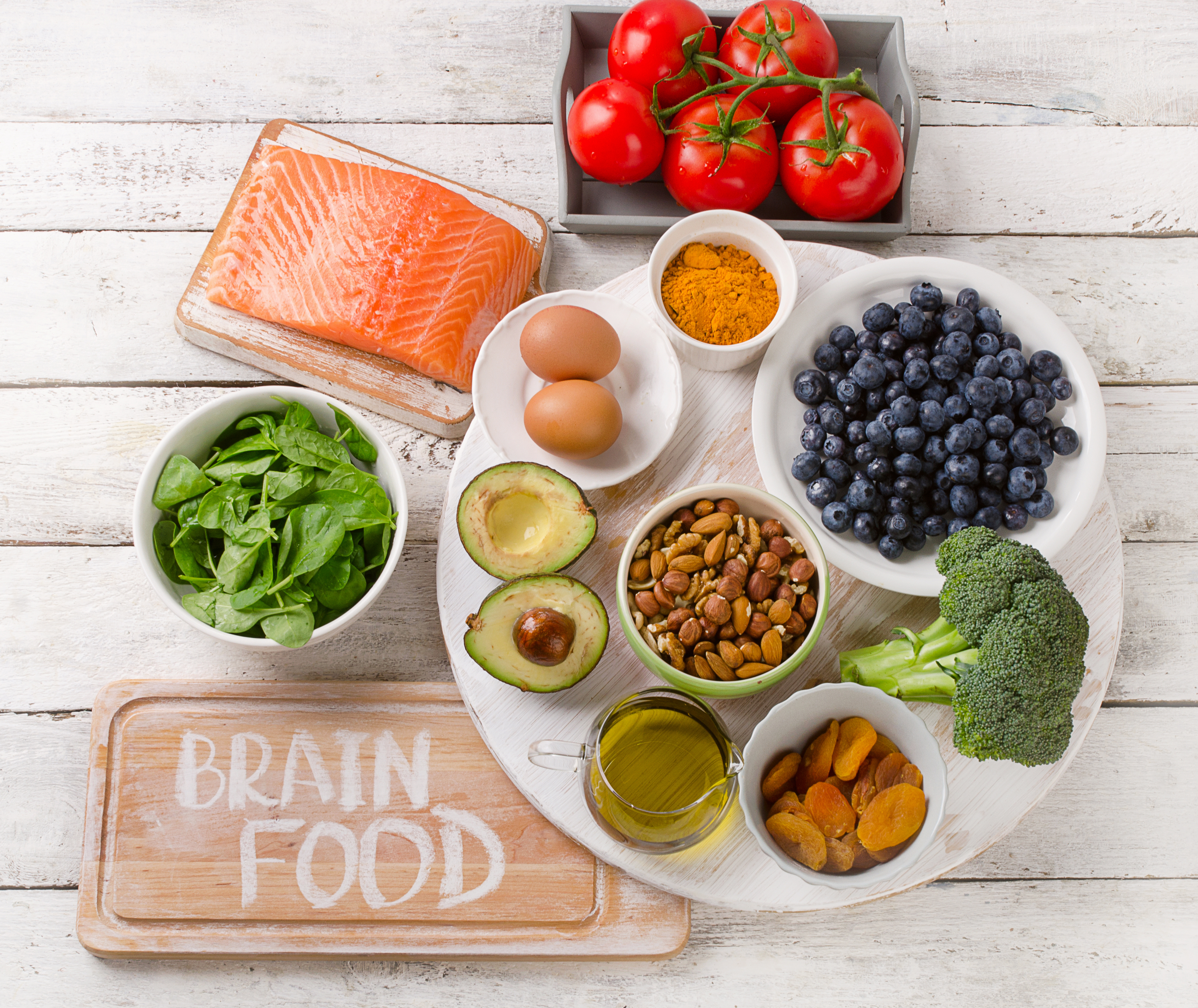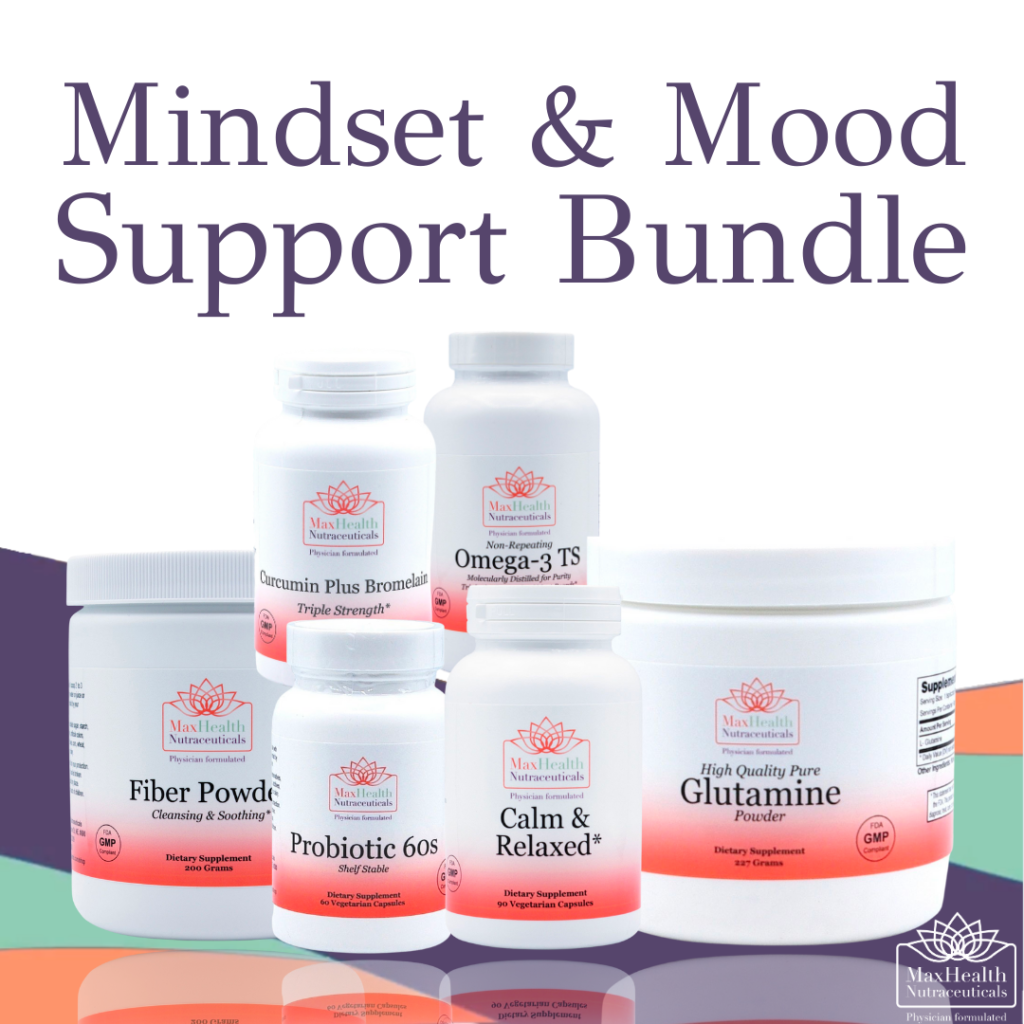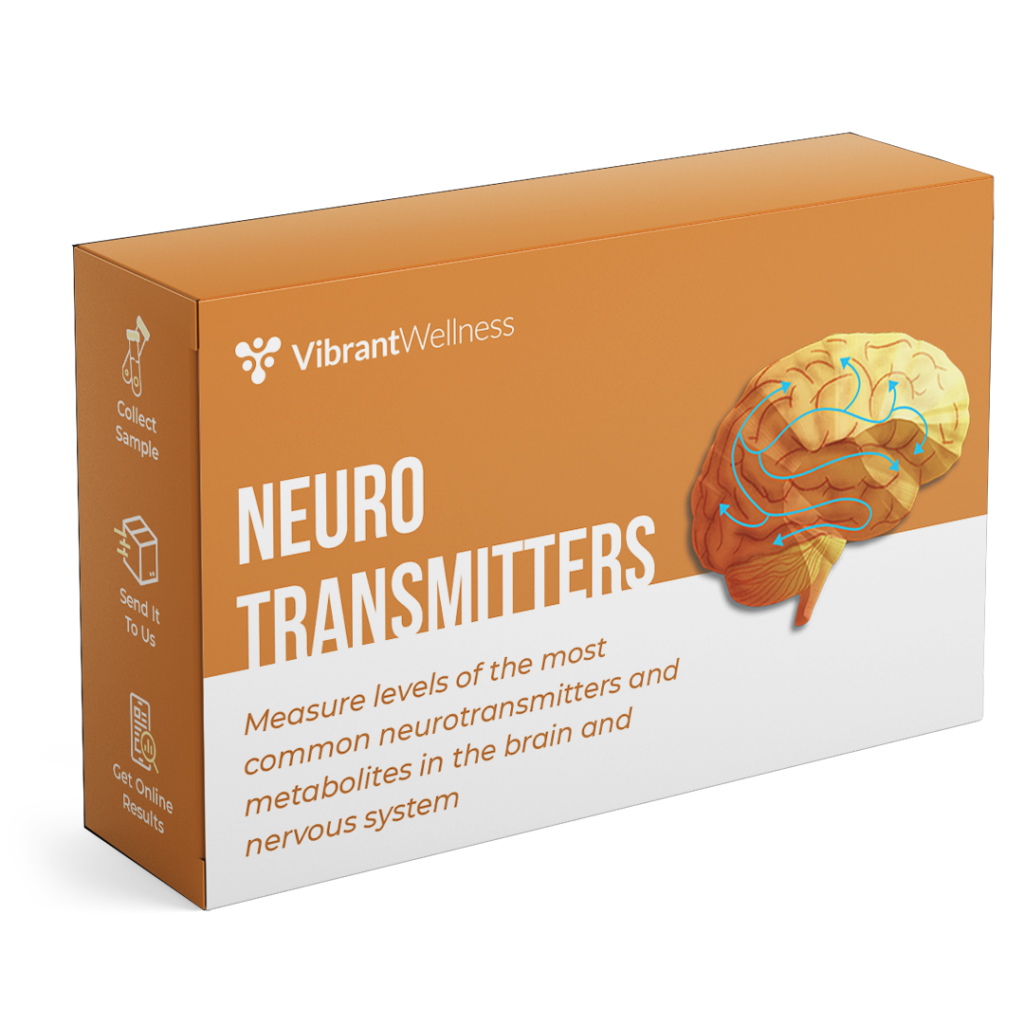

In the bustling heart of New York City, on the 26th floor of a glass-covered skyscraper, a sharp suited executive named Paul worked relentlessly. Paul was known as a “hard charger” – someone who embodied the fast-paced, demanding life of the corporate world. He was efficient, brilliant, but as many would admit, noticeably stressed. His life was a cacophony of endless meetings, phone calls, emails, and impossible deadlines. The hustle was starting to take its toll.
One day, while he was skimming through his emails, an old friend and successful entrepreneur named David popped up on his screen. Intrigued by the subject line “I found peace, and you can too,” Paul paused for a moment, opened the email, and began to read.
“Hey Paul,” it began. “I see you racing to the top. But remember, life isn’t just about rushing towards the finish line. It’s also about taking a deep breath and enjoying the journey. I used to be just like you, always on the move, never stopping. But now, I’ve found something that changed my life for the better – Meditation. Before you scoff at the idea, try it. It’s simpler than you think.”
Paul chuckled to himself, “Meditation? I hardly have time for lunch, let alone sitting in silence for a few minutes.” He quickly replied to David, expressing his skepticism.
David responded promptly, “All it takes is a few minutes a day, Paul. It’s not about being a monk or disconnecting from the world. It’s about finding balance and creating a clearer mind to tackle the challenges we face. I really think you should read the article about meditation. You may find it helpful.”
Feeling a hint of curiosity amid his skepticism, Paul clicked on the link. As he started to read, he found himself drawn into a world he had never considered before. The words weren’t intimidating or alien, but instead warm and inviting. The blog wasn’t about achieving enlightenment or making grand life changes. It was about simple, practical tips anyone could incorporate into their daily routine. It was about clearing the mind and creating space for more joy, creativity, and productivity. And for a man like Paul, that seemed worth a try.
In the days and weeks that followed, Paul started to explore meditation guided by the tips from Dr. Nicolle’s blog. His journey wasn’t easy; there were days of frustration and restlessness. But slowly, he began to notice subtle changes. His mind wasn’t as cluttered, his reactions weren’t as impulsive, and his approach towards work and life started to change. He realized meditation wasn’t a detour from his road to success, but a different path to reach the same destination – a path that was healthier and more balanced.
Paul’s story is not unique. In our quest for success, we often overlook the simple practices that can bring balance and clarity to our lives. If you’re like Paul, living in the fast lane, take a moment and explore the world of meditation with us. We invite you to delve into Dr. Nicolle’s easy meditation tips and embark on a journey towards a clearer mind and a more balanced life.
Continue reading below…

As a busy professional seeking meditation tips for beginners, you understand the importance of maintaining mental clarity and focus in your daily life. Today we will delve into the various approaches and modifications to lifestyle that can help you reach a more balanced state of mind.
The benefits of clearing the mind through mindfulness meditation are numerous, including improved mental health and increased productivity. We will also discuss how adopting a healthy diet can promote mental clarity by incorporating specific foods while avoiding processed ones that contribute to brain fog.
In addition to these practices, our Mindset and Mood Support Bundle offers key ingredients that support emotional stability. For those interested in physical activity as well as mental exercise, we’ll cover yoga practices suitable for beginners looking to combine meditation with movement.
Lastly, we will delve into the Vibrant Wellness Neurotransmitter Test to better understand its role in maintaining optimal mental health. By learning easy meditation techniques such as guided meditations and breathwork specifically designed for beginners like yourself, you can embark on a journey towards greater self-awareness and inner peace.

Minimize Medications. Maximize Health.
Are you super busy but need to take control of your health? Are you tired of being tired? Subscribe to my “Minimize Medications, Maximize Health Blog” and I’ll give you 7 Tips to Get Healthy in No Time absolutely FREE.
You have Successfully Subscribed!
The Importance of Clearing the Mind
Making space in the mind is necessary for sustaining mental health and wellbeing. A cluttered mind can lead to stress, anxiety, and reduced productivity. Regularly engaging in meditation practices can help you feel better, energize your body, and boost feelings of contentment.
Benefits of a Clear Mind on Mental Health
A clear mind offers numerous benefits for our mental health. For starters, it reduces stress, which in turn lowers cortisol levels in the body – helping to prevent chronic diseases such as hypertension and diabetes. Meditation, a mindfulness practice, has been found to raise serotonin levels – a neurotransmitter that regulates mood – thus aiding in the alleviation of depression.
- Improved focus: With less mental clutter competing for attention within our minds, we’re able to stay focused on tasks at hand more effectively.
- Better decision-making: A clearer headspace allows us to make better decisions without being influenced by emotional triggers or distractions from unrelated thoughts.
- Increase creativity: When we free up space within our minds, new ideas have room to flourish, leading to increased creative output in both professional and personal life arenas alike.

Mindfulness Meditation: The Key to Unlocking Mental Clarity
If you’re looking for an effective way to declutter your busy brain, consider giving mindfulness meditation a try. This practice involves focusing one’s awareness on the present moment non-judgmentally, allowing thoughts to come and go without getting caught up in them, simply observing their existence before letting them pass like clouds in the sky.
For beginners, it’s helpful to start with guided mindfulness meditation sessions led by experienced meditation teachers. These can be found in the form of apps, podcasts, or even local classes depending on your preference and availability.
Body Scan Meditation: Tuning Into Your Body Sensations
An alternative approach to clearing the mind involves performing body scan meditations where you, the practitioner, systematically focuses your attention on different parts of your body, noticing any sensations that arise without judgment or attachment, simply observing and letting go of each sensation as they move onto the next area of focus within the practice session.
This type of body scan meditation is particularly useful for those who struggle with staying focused during traditional mindfulness practices as it provides a more structured framework to follow while still offering the same benefits of mental clarity and relaxation response associated with other forms of seated meditative exercises, such as walking or yoga mat-based poses.
Meditating regularly is an essential part of keeping a clear mind and allowing for greater mental clarity. Eating healthy, unprocessed foods can help to further promote this level of clarity and focus in the long run.
Key Thought:
Meditation can help clear the mind, reduce stress and anxiety, and improve mental health. Mindfulness meditation is an effective way to declutter your busy brain by focusing on the present moment non-judgmentally while body scan meditation offers a more structured framework for those who struggle with staying focused during traditional mindfulness practices.
Healthy Diet for Mental Clarity
A healthy diet is the foundation of a clear and focused mind. Consuming nutrient-dense foods can help improve cognitive function, reduce inflammation, and support overall mental health. Let’s dive into some brain-boosting dietary choices and why it’s essential to avoid processed foods.
Foods that Promote Mental Clarity
For optimal cognitive performance, a diet that includes vitamins, minerals, antioxidants and omega-3 fatty acids is essential. Here are some top food picks for enhancing mental clarity:
- Leafy greens: Packed with nutrients like vitamin K, lutein, folate, and beta carotene – all known to promote brain health – leafy greens such as spinach or kale should be your go-to choice.
- Oily fish: Rich in omega-3 fatty acids which have been linked to improved memory and reduced depression risk – think salmon or mackerel.
- Berries: Bursting with antioxidants that protect against oxidative stress – blueberries are particularly potent.
- Nuts & seeds: Almonds contain magnesium (great for relaxation), while walnuts boast alpha-linolenic acid (an omega-3 fat) – both excellent options for supporting cognition.

Tips on Incorporating Brain Foods into Your Diet
- Begin the day with a nutritious blend containing leafy greens and berries.
- Snack on nuts and seeds throughout the day to keep energy levels steady.
- Incorporate oily fish into your meals at least twice a week for optimal omega-3 intake.
Avoiding Processed Foods to Reduce Brain Fog
Processed foods are often loaded with unhealthy fats, sugars, artificial additives, and preservatives – all of which can contribute to brain fog. These “empty calorie” options not only lack essential nutrients but may also negatively impact cognitive function by promoting inflammation within the body. To maintain mental clarity:
- Cut back on sugary snacks and beverages like candy or soda that cause blood sugar spikes followed by crashes – leaving you feeling sluggish and unfocused.
- Say no to processed meats (e.g., hot dogs) high in nitrates linked with increased risk of neurodegenerative diseases such as Alzheimer’s or Parkinson’s disease.
Consuming nutritionally-rich fare is vital for mental sharpness, so it’s imperative to center on chowing down edibles that foster intellectual capability and eluding processed grub. Supplementation can also be beneficial in supporting emotional stability; the Mindset and Mood Support Bundle contains key ingredients that are designed to help maintain balance.
Key Thought:
To improve cognitive function and support overall mental health, it’s important to consume a balanced diet rich in brain-boosting foods like leafy greens, oily fish, berries, nuts and seeds. Avoid processed foods that can contribute to brain fog by cutting back on sugary snacks and beverages and saying no to processed meats high in nitrates linked with increased risk of neurodegenerative diseases such as Alzheimer’s or Parkinson’s disease.
Mindset and Mood Support Bundle
No doubt, the hectic lifestyles of today can adversely affect our mental health. That’s where the Mindset & Mood Support Bundle comes in handy. This carefully curated selection of supplements is designed to provide targeted nutritional support for your neurotransmitters – those vital chemical messengers responsible for regulating mood.
Key Ingredients Found in the Bundle
- 5-HTP: Helps boost serotonin levels and helps control appetite
- L-Glutamine: Decreases cravings and helps to repair your gastrointestinal tract.
- Vitamin B6: Essential for proper brain function and production of both serotonin and norepinephrine. It also helps maintain healthy homocysteine levels which are important for overall cardiovascular health.
- Folate: Also known as vitamin B9, folate supports the synthesis of several critical neurotransmitters including serotonin, dopamine, and norepinephrine. Additionally, it aids DNA replication and repair processes within cells.
- Omega fatty acids: found in fish oil can help reduce inflammation and improve mood.
How Supplementation Supports Emotional Stability
By providing your body with the necessary building blocks for neurotransmitter production, the Mindset & Mood Support Bundle ensures that you’re well-equipped to handle life’s challenges. These supplements work synergistically to promote emotional stability by:
- Boosting mood-enhancing chemicals: The targeted nutrients in this bundle support the synthesis of serotonin, dopamine, and other vital neurotransmitters responsible for regulating mood.
- Promoting relaxation response: Adequate levels of certain neurotransmitters like GABA (gamma-aminobutyric acid) can help induce a state of calmness and relaxation – essential for managing stress effectively.
- Maintaining brain health: Proper nutrition is crucial for optimal cognitive function. By ensuring an adequate intake of vitamins and minerals involved in various neurological processes, these supplements contribute to overall brain health and mental clarity.
Incorporating Dr. Nicolle’s Mindset & Mood Support Bundle into your daily routine is a simple yet effective way to take control of your emotional well-being. With consistent use alongside other healthy lifestyle practices such as regular exercise, mindfulness meditation, or yoga sessions – you’ll be better equipped than ever before to tackle whatever life throws at you.
The Mindset and Mood Support Bundle is a great way to start managing your mental health, as it provides the necessary ingredients for emotional stability. For those looking to increase their physical strength while gaining clarity of mind, yoga can be an excellent practice that combines well with meditation.
Key Thought:
The Mindset & Mood Support Bundle is a selection of supplements designed to provide targeted nutritional support for neurotransmitters responsible for regulating mood. By incorporating this bundle into your daily routine alongside other healthy lifestyle practices, such as regular exercise and mindfulness meditation, you can take control of your emotional well-being and be better equipped to tackle whatever life throws at you.
Yoga for Strength and Mental Clarity
Practicing yoga regularly not only improves physical strength but also enhances mental clarity by promoting relaxation through deep breathing exercises. As you engage with various poses during yoga sessions, focusing on breath control helps quiet the mind, leading to improved concentration. Let’s explore some types of yoga practices suitable for beginners and how combining meditation with yoga can elevate your overall well-being.
Types of Yoga Practices Suitable for Beginners
For those unfamiliar with yoga, the sheer variety of styles may be daunting. However, certain forms are more beginner-friendly than others:
- Hatha Yoga: This gentle form focuses on basic postures and controlled breathing techniques that help build a strong foundation in flexibility and balance.
- Vinyasa Yoga: Known as “flow” or “dynamic” yoga, Vinyasa synchronizes movement with breath while transitioning between poses smoothly, which is perfect for those seeking an energizing practice.
- Iyengar Yoga: With its emphasis on proper alignment using props like blocks or straps, Iyengar is ideal if you want to improve posture and avoid injuries.
- Kundalini Yoga: Combining chanting mantras, pranayama (breathwork), meditation techniques along with dynamic movements makes Kundalini an excellent choice if you’re looking for spiritual growth alongside physical benefits.

Combining Meditation with Yoga
Meditation plays a crucial role in enhancing mental clarity; therefore, incorporating it into your daily yoga practice can yield significant benefits. Here are some ways to blend meditation with yoga:
- Body Scan Meditation: Begin your session by lying down on a comfortable yoga mat. Close your eyes and focus on different body sensations, starting from the toes up to the head. This technique helps you become more aware of bodily tensions, allowing for deeper relaxation during poses.
- Mindfulness Meditation: As you move through various asanas (postures), stay focused on each movement and breath without letting your mind wander. By doing so, you’ll cultivate mindfulness that will extend beyond the yoga studio into everyday life.
- Walking Meditation: If sitting still isn’t your cup of tea, try incorporating walking meditation into your routine – simply focus on each step’s sensation while maintaining steady breathing patterns.
Incorporating these techniques into your daily yoga practice not only strengthens muscles but also fosters mental clarity essential for busy professionals seeking balance amidst hectic schedules. So roll out that mat and embark upon a journey towards improved strength and enhanced mental well-being.
Yoga is an effective way to improve physical and mental strength, as well as promote clarity of mind. For those aiming to gain a more comprehensive understanding of their psychological wellbeing, the Vibrant Wellness Neurotransmitter Test can be useful in determining how neurotransmitters are behaving within one’s body.
Key Thought:
Please study the tips for beginners on how to incorporate meditation into your yoga practice, which can enhance mental clarity and improve physical strength. Review different types of beginner-friendly yoga practices, such as Hatha Yoga and Kundalini Yoga, each with its own benefits for flexibility, balance, posture improvement and spiritual growth.
Vibrant Wellness Neurotransmitter Test
One of the most effective ways to understand and improve your mental health is by assessing the levels of critical hormones and chemicals within both your central nervous system (CNS) and peripheral nervous system (PNS). The Vibrant Wellness Neurotransmitter Test can help you identify imbalances or deficiencies, allowing you to address these issues effectively, thereby enhancing your overall quality of life.
Understanding the Role of Neurotransmitters in Mental Health
Neurotransmitters are chemical messengers that transmit signals between nerve cells throughout our body. They play a vital role in regulating various bodily functions such as mood, appetite, sleep patterns, stress response, and cognitive abilities. Imbalances in neurotransmitter levels can lead to symptoms like anxiety, depression, fatigue, insomnia, or even chronic pain.
- Serotonin: This neurotransmitter helps regulate mood stability and feelings of well-being. Low serotonin levels may contribute to depression or anxiety disorders.
- Dopamine: Responsible for motivation and reward-driven behavior; dopamine imbalances could result in attention deficit hyperactivity disorder (ADHD), addiction tendencies, or Parkinson’s disease.
- Norepinephrine: Involved with alertness and energy; an imbalance might cause problems with focus or concentration leading to ADHD-like symptoms.
- GABA: The primary inhibitory neurotransmitter responsible for relaxation; low GABA levels have been linked with anxiety disorders as well as epilepsy due to its role in calming overactive neurons during seizures.
How to Interpret Test Results and Take Appropriate Action
Once you receive your Vibrant Wellness Neurotransmitter Test results, it’s essential to work with a qualified healthcare professional who specializes in Functional Medicine, to help interpret the findings and develop an individualized treatment plan.
- Analyze the test results: A thorough analysis of your neurotransmitter levels will reveal any imbalances or deficiencies that may be affecting your mental health.
- Create a personalized treatment plan: Based on the identified issues, your healthcare provider can recommend targeted interventions such as dietary changes, supplements, or medications aimed at restoring balance within your nervous system.
- Monitor progress: Regular follow-ups with your practitioner will ensure that the chosen interventions are effective in improving neurotransmitter levels and addressing symptoms associated with their imbalance. Adjustments may be made based on ongoing assessments of progress towards optimal mental health.
Incorporating meditation tips into daily life alongside these measures can further support mental clarity. These tips promote the relaxation response through mindfulness meditation techniques like body scan meditation, or even walking meditation practices, when sitting still isn’t possible due to busy schedules experienced professionals often face in today’s fast-paced world.
The Vibrant Wellness Neurotransmitter Test is a powerful tool to help you gain insight into your mental health and take the appropriate action. Let’s investigate some basic meditation approaches that can be utilized by those just starting out.
Key Thought:
The Vibrant Wellness Neurotransmitter Test can help identify imbalances or deficiencies in neurotransmitters that regulate various bodily functions such as mood, appetite, sleep patterns, stress response and cognitive abilities. Working with a qualified healthcare professional to interpret the findings and develop an individualized treatment plan is essential for restoring balance within your nervous system, alongside incorporating meditation into daily life.
Easy Meditation Techniques for Beginners
For new practitioners, introducing basic meditation techniques into daily life can provide a range of mental and physical advantages. By practicing mindfulness or focusing on a specific object during meditation sessions, beginners can experience significant benefits with just a few minutes each day.
Guided Meditations for New Practitioners
For those just beginning their meditation journey, guided meditations can provide a helpful structure and support. These audio recordings typically feature experienced meditation teachers who provide step-by-step instructions to help you enter a relaxed state of mind. You’ll find numerous free guided audio practices available online that cater to various needs – from relaxation response techniques like body scan meditation to more focused mindfulness exercises such as mindful breathing.
Tips for Using Guided Meditations:
- Select a quiet space where you won’t be disturbed during your session.
- Choose comfortable seating – whether it’s sitting cross-legged on a yoga mat or in an upright chair with good back support.
- Pick one of the many free guided audio practices available online based on your preferences (e.g., length, focus).
- Follow along with the instructor’s voice and allow yourself to fully engage in the process without judgment or expectation.

Using Breathwork as an Effective Meditation Tool
Breathwork is another powerful method that helps cultivate mental clarity through regular meditation practice. Focusing on your breath allows you to stay present while letting go of distracting thoughts that may arise during this time. By developing an awareness of your mental processes, you can better equip yourself to manage stress and keep a clear mind.
Simple Breathwork Techniques for Beginners:
- Mindful Breathing: Sit comfortably with your eyes closed. Pay attention to the sensation of air entering and leaving your nostrils as you breathe naturally. When your mind wanders, gently bring it back to the breath without judgment.
- Counting Breaths: In this technique, count each inhale and exhale up to ten before starting over again at one. This helps train the brain to stay focused on a single task while allowing thoughts that arise during meditation practice to pass by without attachment.
- Walking Meditation: For those who prefer movement-based mindfulness techniques, walking meditation involves focusing on body sensations such as the feeling of feet touching the ground or legs moving through space while maintaining awareness of breath patterns throughout each step taken.
To bring about enduring beneficial effects to your mental clarity and health, make sure you include these straightforward meditation techniques into your everyday routine. Whether you choose guided meditations or breathwork exercises – remember that consistency is key when building a successful regular meditation practice.
Key Thought:
Incorporating easy meditation techniques into your daily routine can help clear the mind, reduce stress and improve overall well-being. Guided meditations are an excellent starting point for beginners, while breathwork is a powerful method that helps cultivate mental clarity through regular practice. Consistency is key when building a successful regular meditation practice.
I would love to give you a free resource sheet to support your quest for a healthy mindset. Click the button below to receive your gift.
Tools For Motivation And Mindset
Meditating
Although you don’t need a cushion to meditate, you may want to consider using one at some point. You could meditate in a chair, or simply sit on the floor if you want. You can also use pillows or cushions from your furnishings to try out. Cushion, chair, bench, floor – it’s all good. Eventually, though, if you’re not sitting upright on a chair, you’ll probably do well to buy a dedicated meditation cushion. The cushion will support your sitting posture and help you create an appealing mindfulness corner that will encourage you to practice every day. I recommend this meditation cushion and mat bundle.
Journaling
If you struggle with stress, depression, or anxiety, keeping a journal can be a great idea. Even if you don’t have these conditions, journaling can enhance your life in many ways. Having difficulty processing your thoughts and emotions? Journaling can help clear that mental clutter and move towards a positive mindset. Research suggests that keeping a journal can have positive impacts on both mental and physical health. So, to start you on your journey, I recommend this self care journal.
Yoga
Yoga can be a great way to improve your strength and flexibility, manage your stress, improve your heart health, and lose weight! I recommend using a grounded yoga mat to connect yourself with the earth and reduce inflammation.
Food!
Remember, living a healthy lifestyle including eating a whole foods plant-based diet, regular physical activity, meditation and mindfulness, as well as healthy and supportive relationships are the best ways to support mental health.
Please talk with your doctor about any complementary health approaches, including supplements, you use. Let me know what you think in the comment section below.
PLEASE NOTE: If you or someone you know is experiencing severe stress, anxiety, depression and/or other mental health issues, please contact SAMHSA’s National Helpline, 1-800-662-HELP (4357), (also known as the Treatment Referral Routing Service) or TTY: 1-800-487-4889. This is a confidential, free, 24-hour-a-day, 365-day-a-year, information service, in English and Spanish, for individuals and family members facing mental and/or substance use disorders. This service provides referrals to local treatment facilities, support groups, and community-based organizations. Callers can also order free publications and other information.
Meditation Tips For Beginners FAQs
A beginner can start meditation by finding a quiet space, sitting comfortably with good posture, setting an intention for the practice, and focusing on their breath. It’s helpful to set aside dedicated time each day and begin with short sessions of 5-10 minutes. Gradually increase the duration as you become more comfortable.
- Choose a quiet location free from distractions
- Sit or lie down in a comfortable position
- Close your eyes and take deep breaths
- Focus on your breath or use guided meditations
- Acknowledge thoughts without judgment and return focus to your breath
- Practice regularly to develop consistency in your routine
The basic rule of meditation is maintaining non-judgmental awareness of one’s thoughts, feelings, bodily sensations, and surrounding environment. This involves focusing attention on an anchor (such as the breath) while letting go of any distractions that arise during practice.
Beginners are advised to start with shorter sessions ranging from 5-10 minutes per day. As they become more accustomed to practicing mindfulness techniques over time, they can gradually increase session durations up to 20-30 minutes or longer if desired.
- Create a consistent daily routine at specific times
- Choose a comfortable posture and location
- Focus on your breath or use guided meditations
- Acknowledge thoughts without judgment, then return to your focus point
- Be patient with yourself and remember that progress takes time
- Incorporate mindfulness practices into daily activities for additional benefits
Final Thoughts
Beginners can benefit greatly from incorporating meditation into their daily routine. Mindful practices, such as meditation and mindfulness, have been proven to promote improved mental health, focus, productivity and emotional stability. A healthy diet and yoga can also support mental clarity, while a Vibrant Wellness Neurotransmitter Test can provide insight into neurotransmitter imbalances that may be impacting mood.
For more information on how to incorporate these tips into your daily life for optimal health and wellness, visit DrNicolleMD.com.
Take control of your health today with Meditation Tips for Beginners!
Dr. Nicolle Martin
Some of the links in this article are "affiliate links", a link with a special tracking code. This means if you click on an affiliate link and purchase the item, we will receive an affiliate commission.
The price of the item is the same whether it is an affiliate link or not. Regardless, we only recommend products or services we believe will add value to our readers.
By using the affiliate links, you are helping support our Website, and we genuinely appreciate your support.
Last updated on May 18th, 2023 at 01:48 am

Minimize Medications. Maximize Health.
Are you super busy but need to take control of your health? Are you tired of being tired? Subscribe to my “Minimize Medications, Maximize Health Blog” and I’ll give you 7 Tips to Get Healthy in No Time absolutely FREE.







